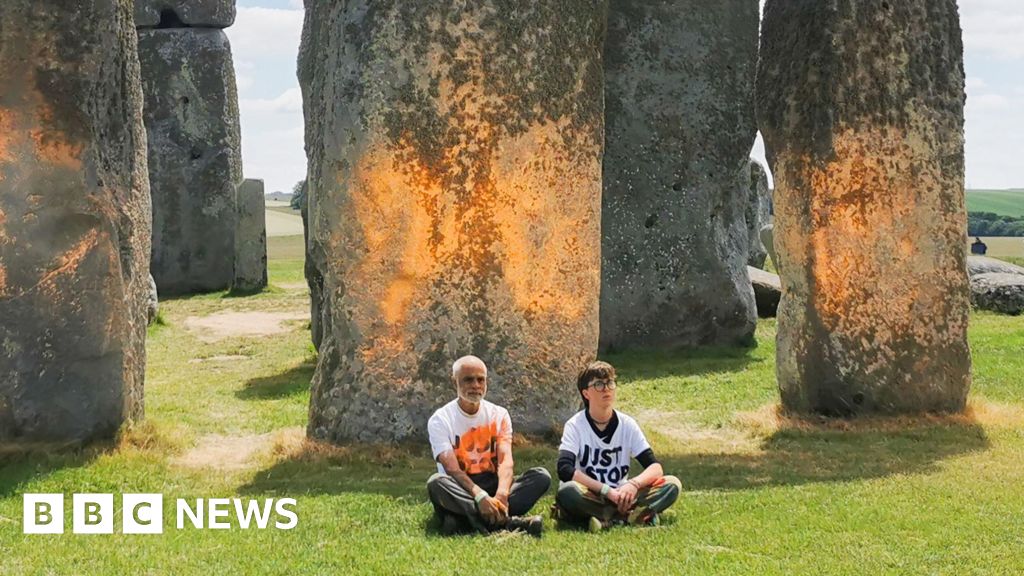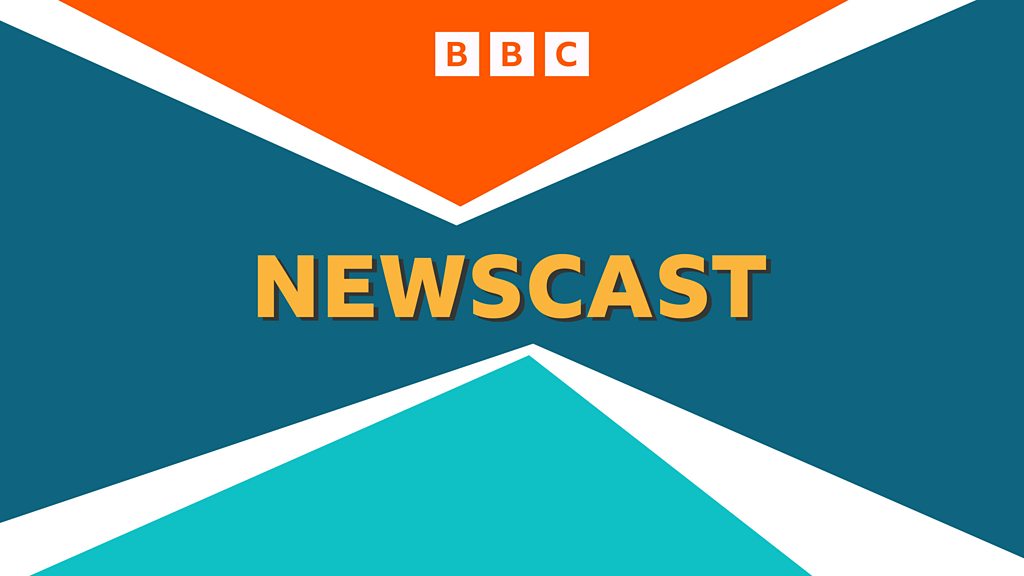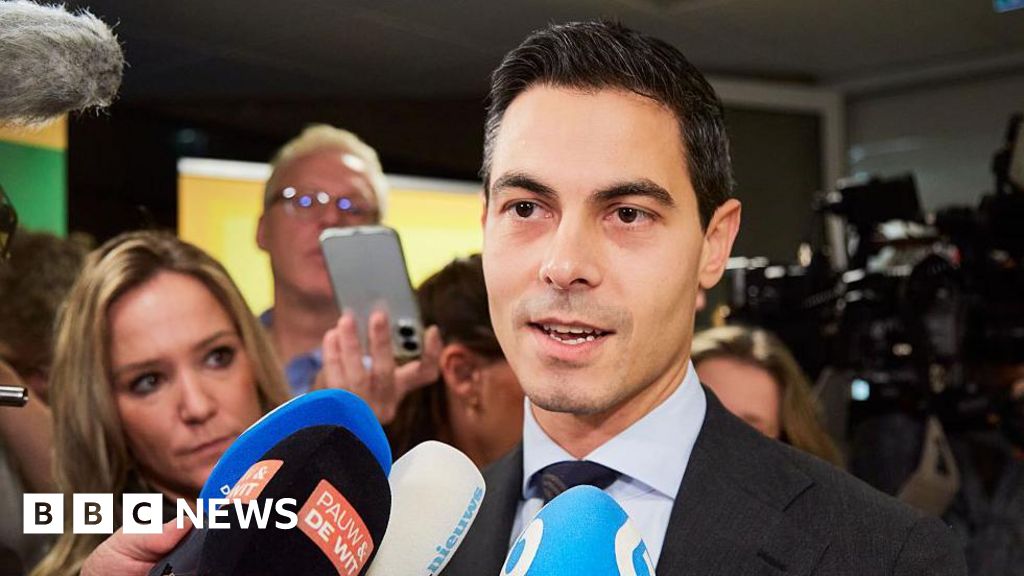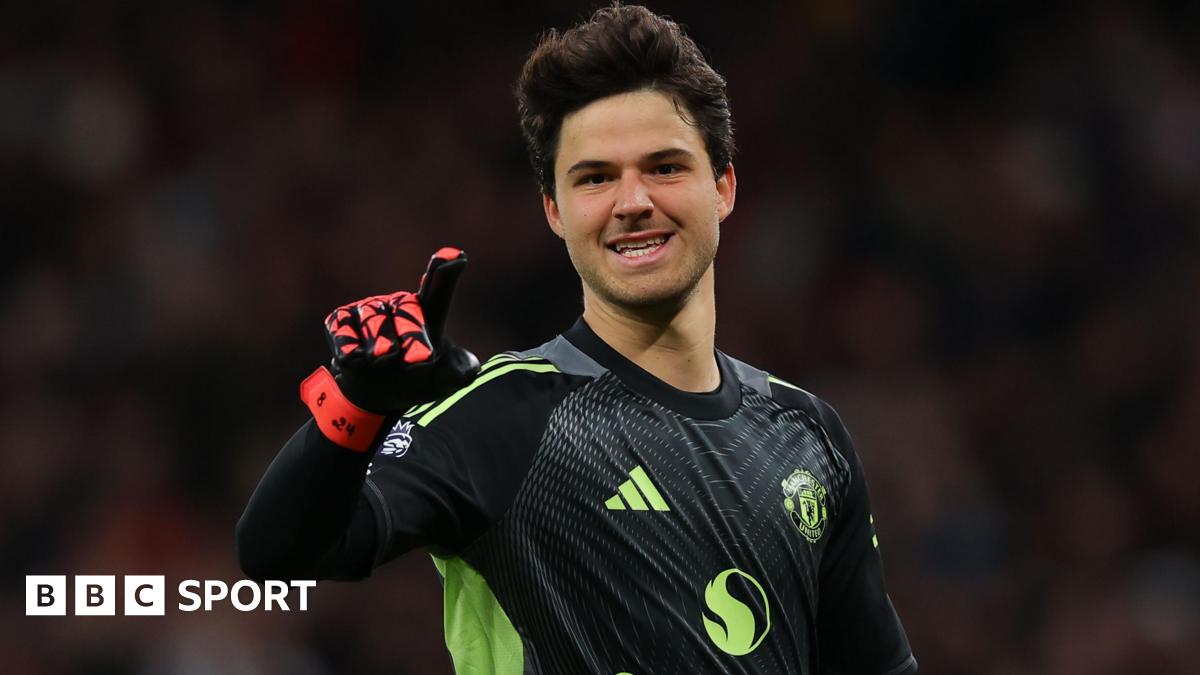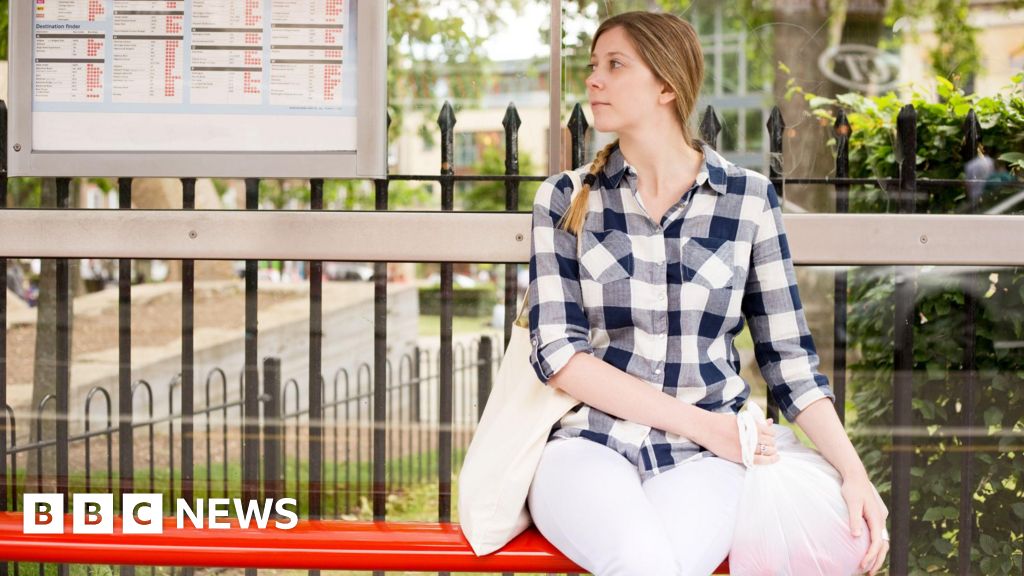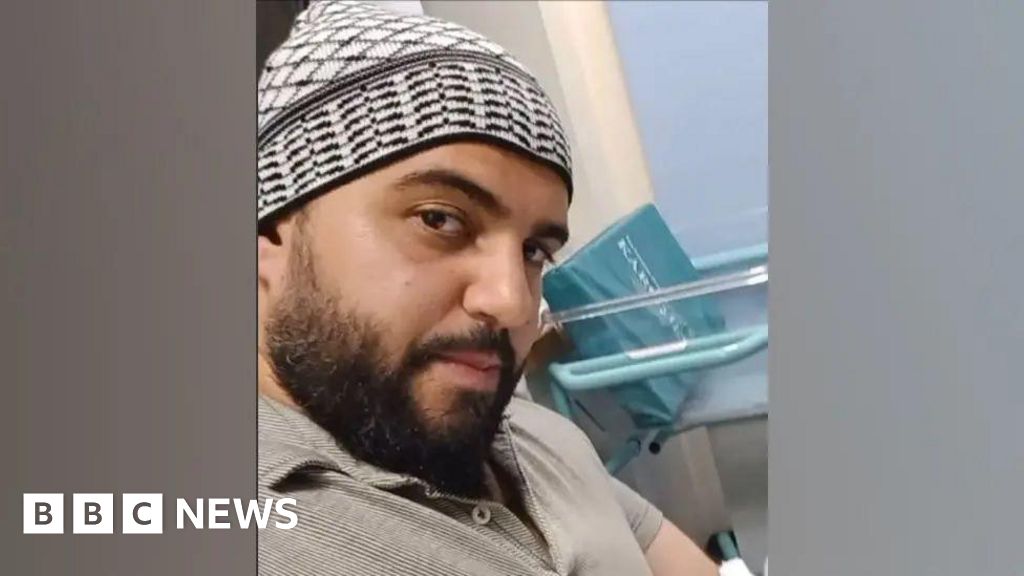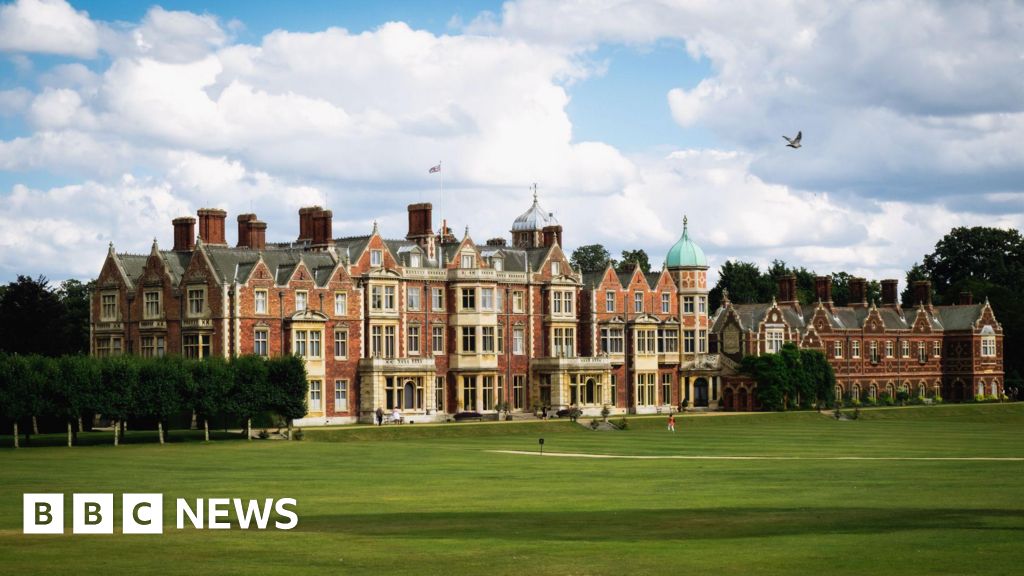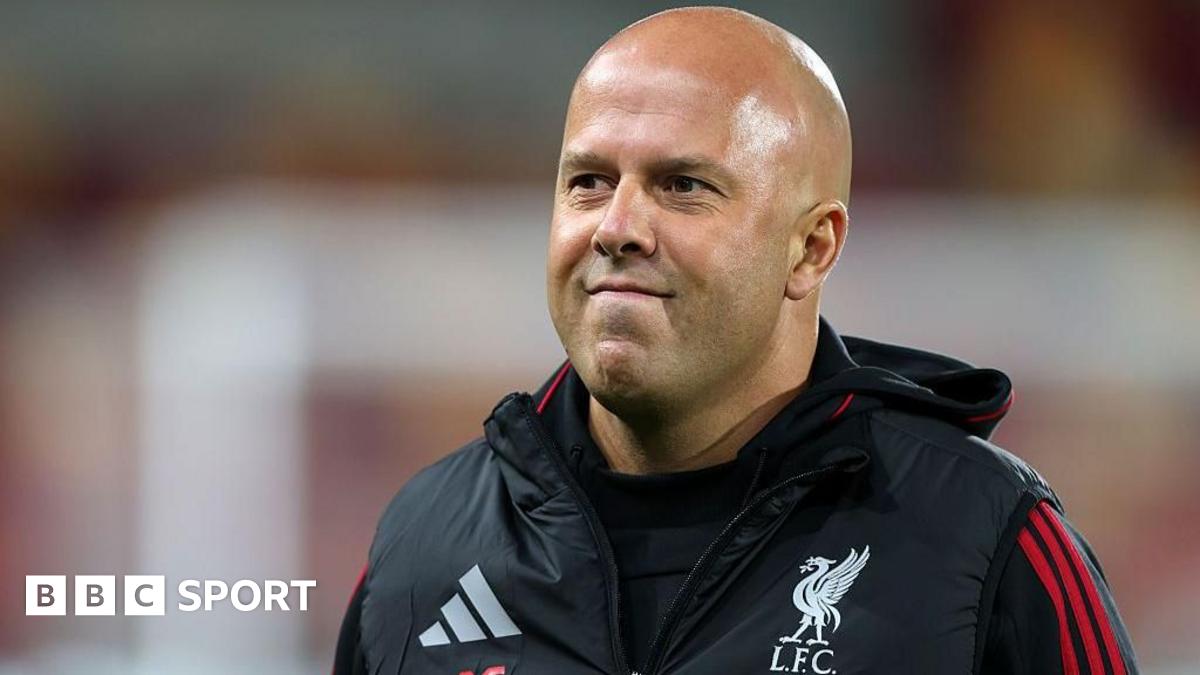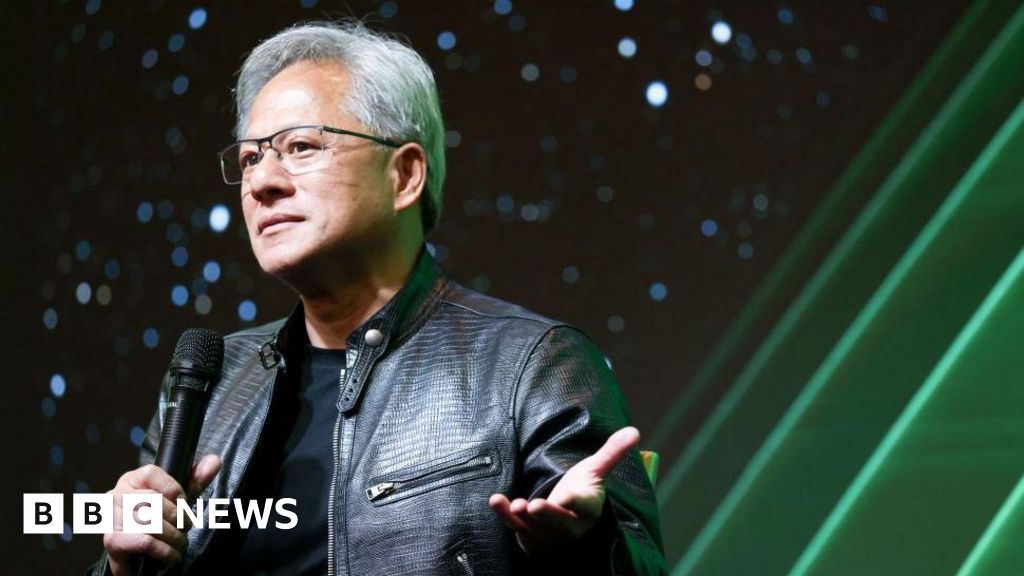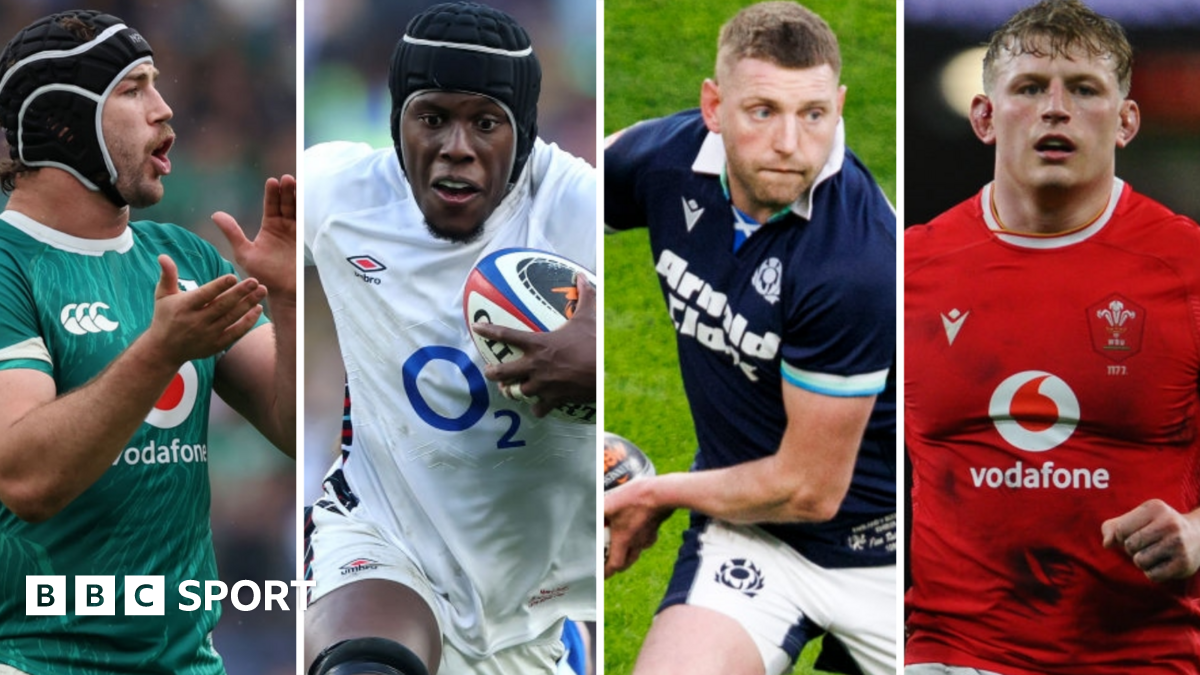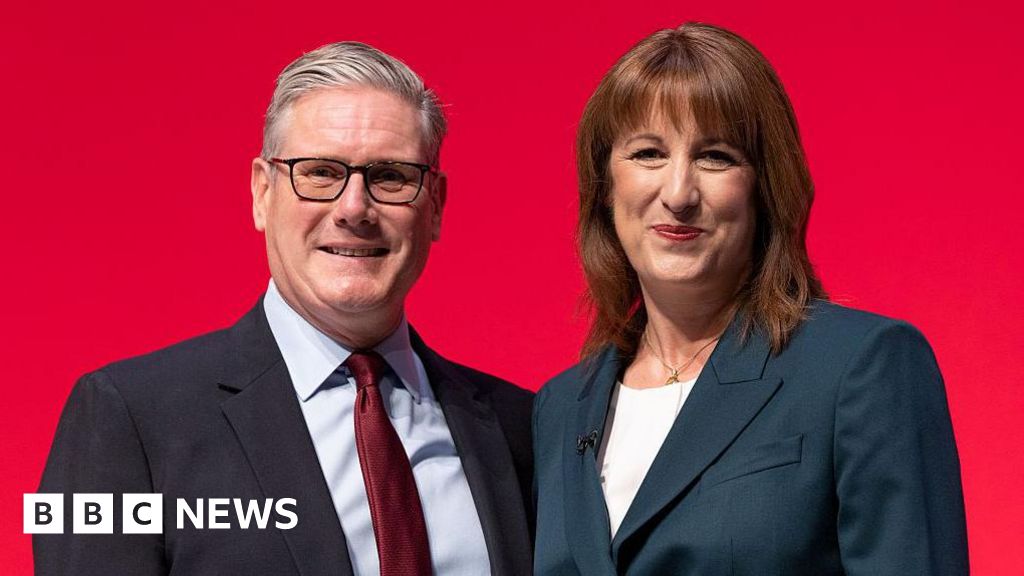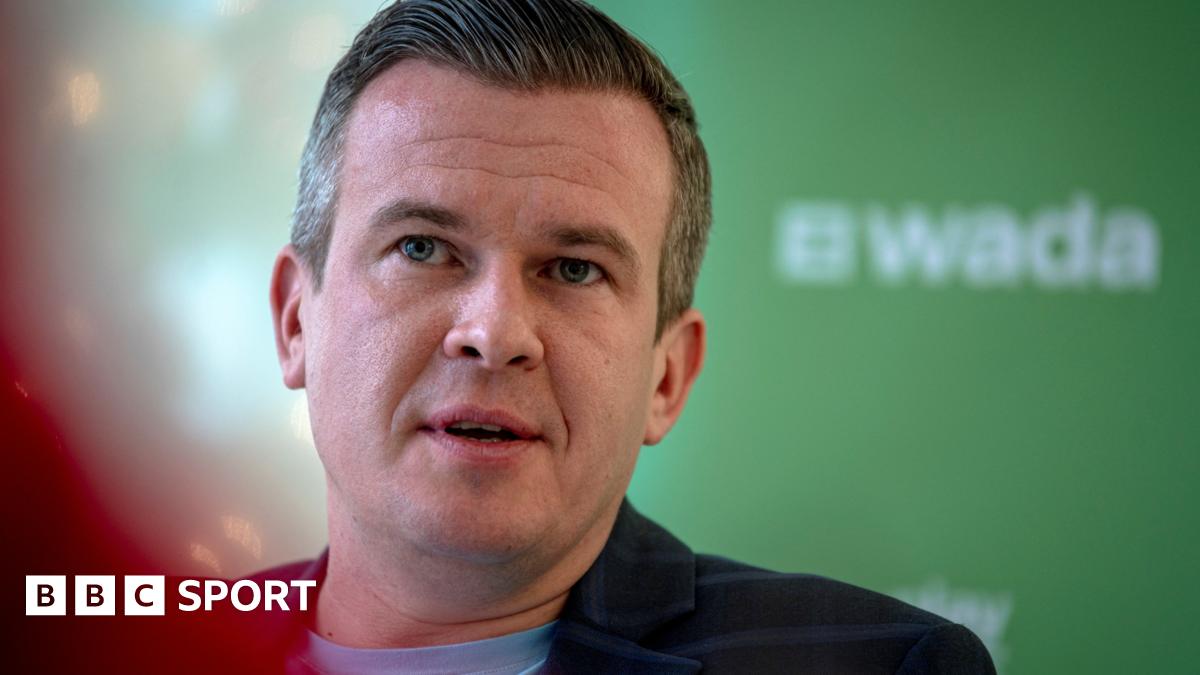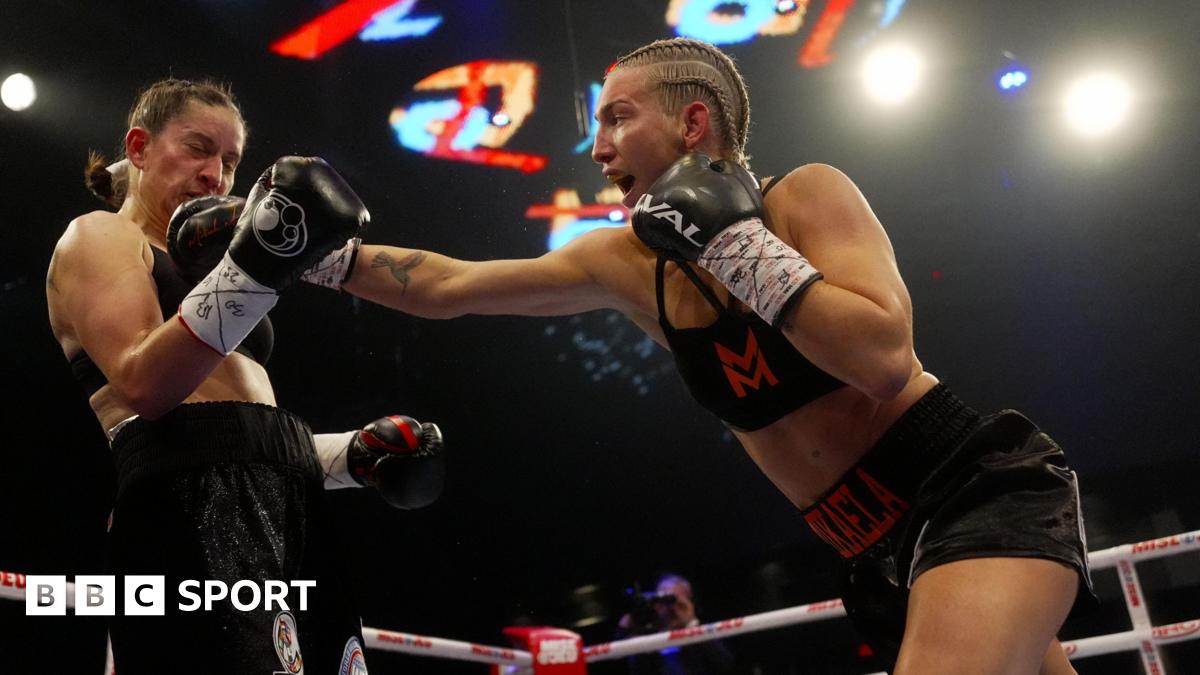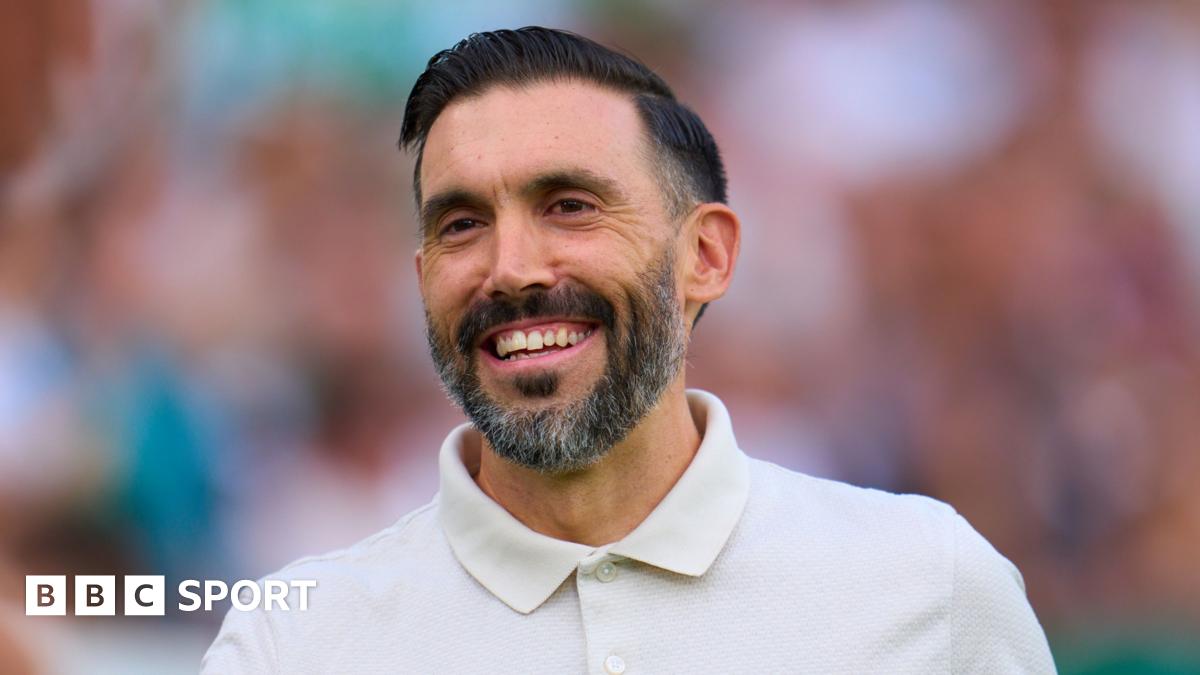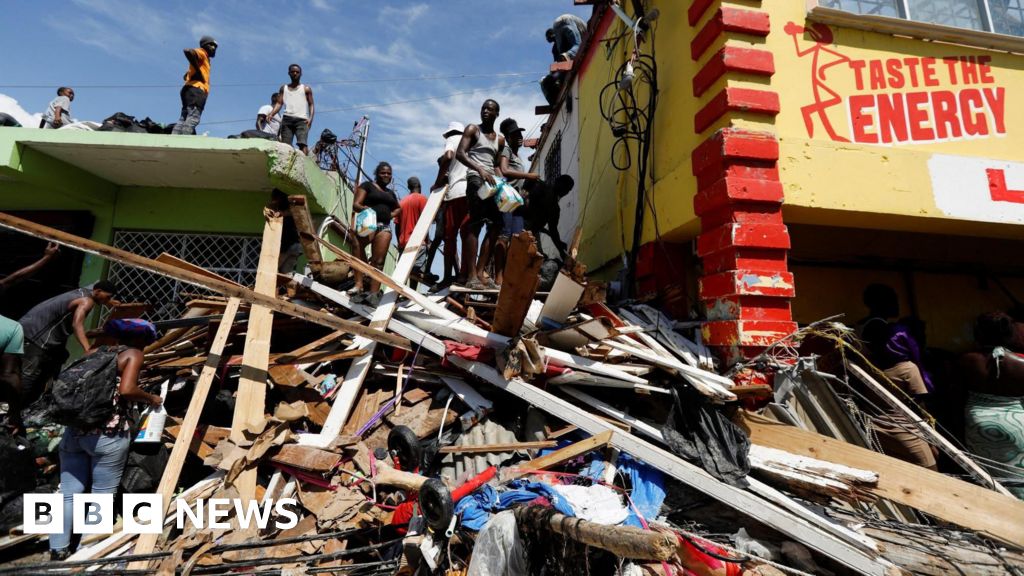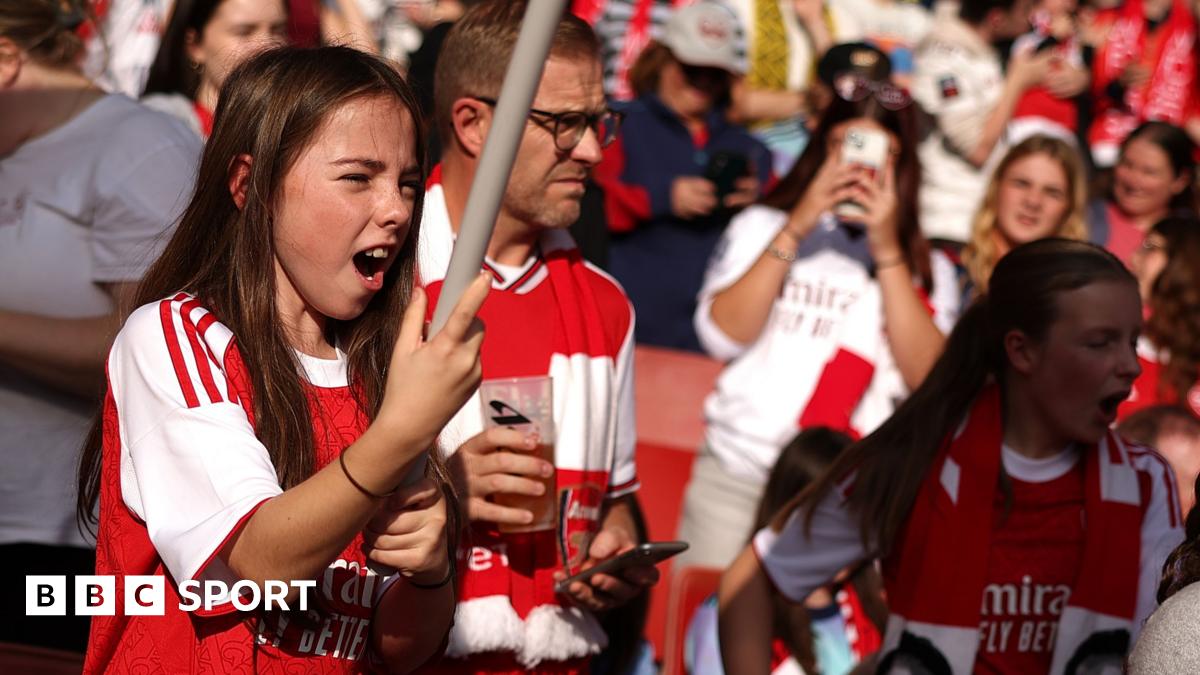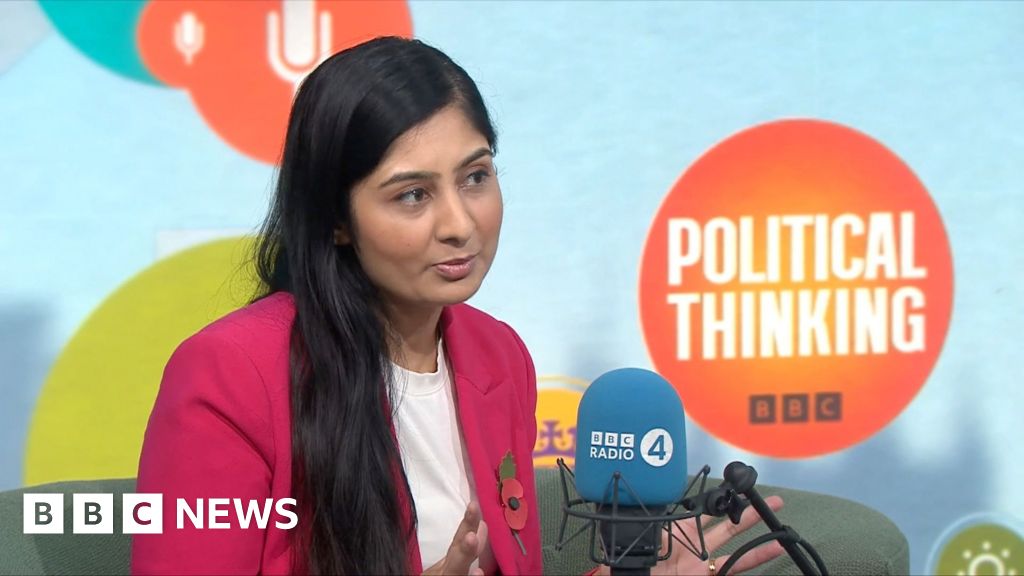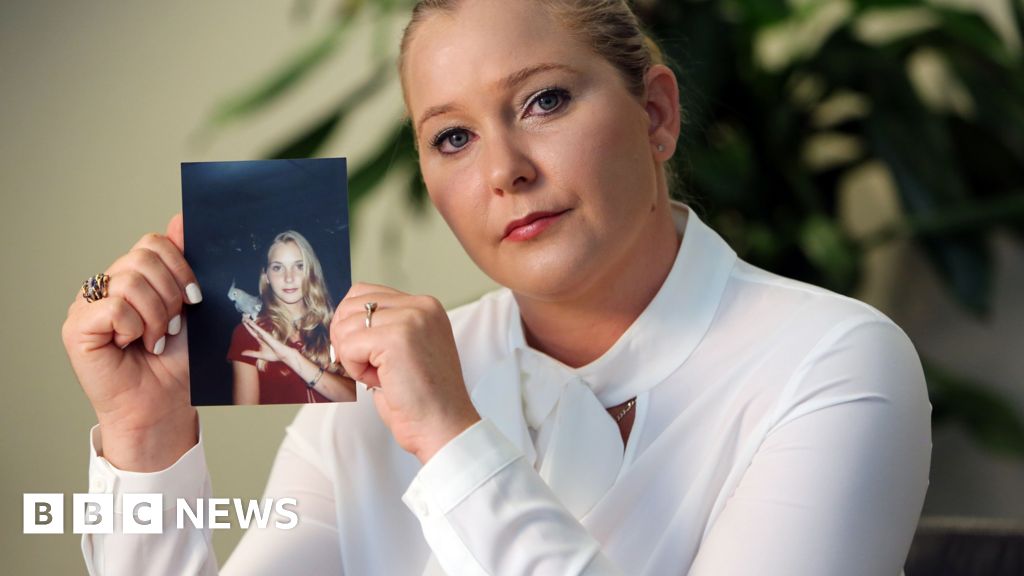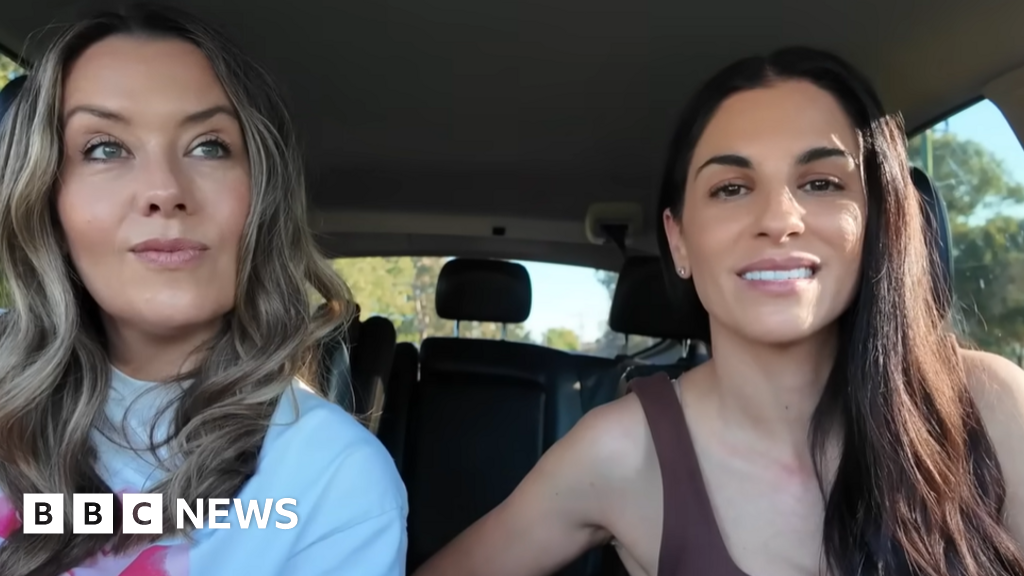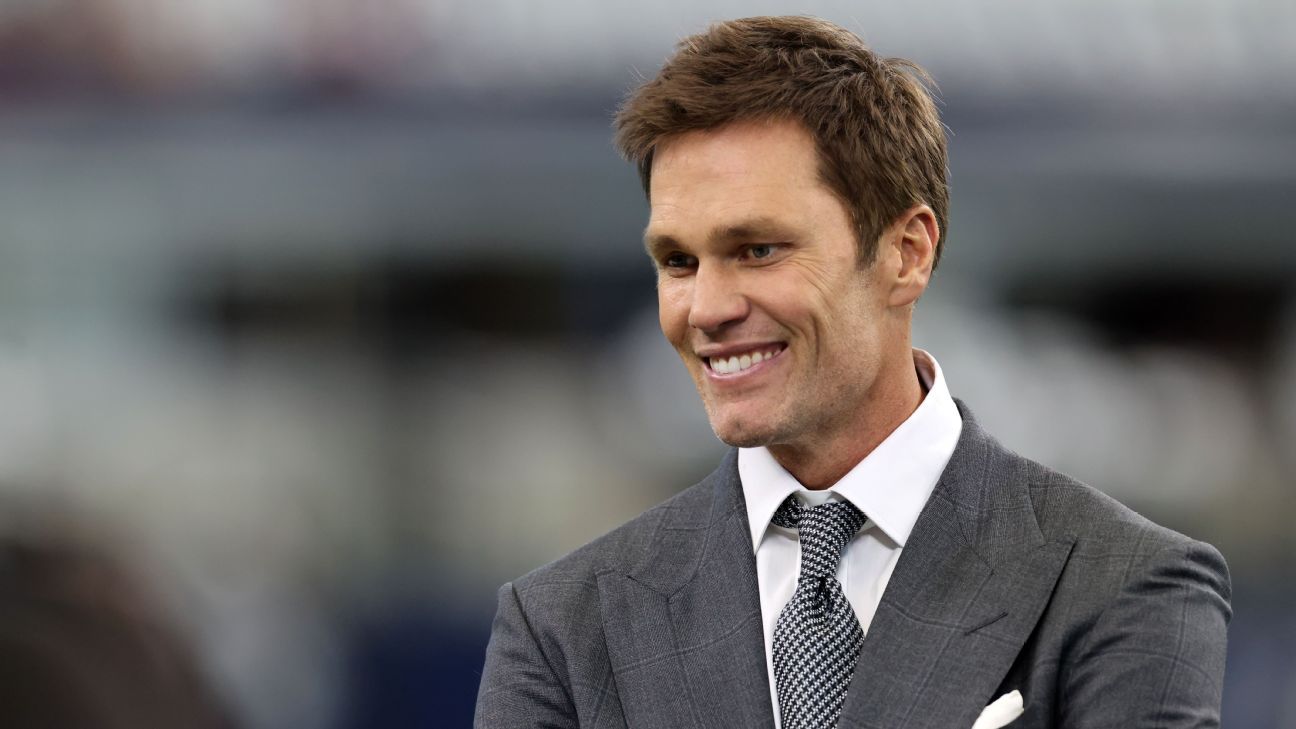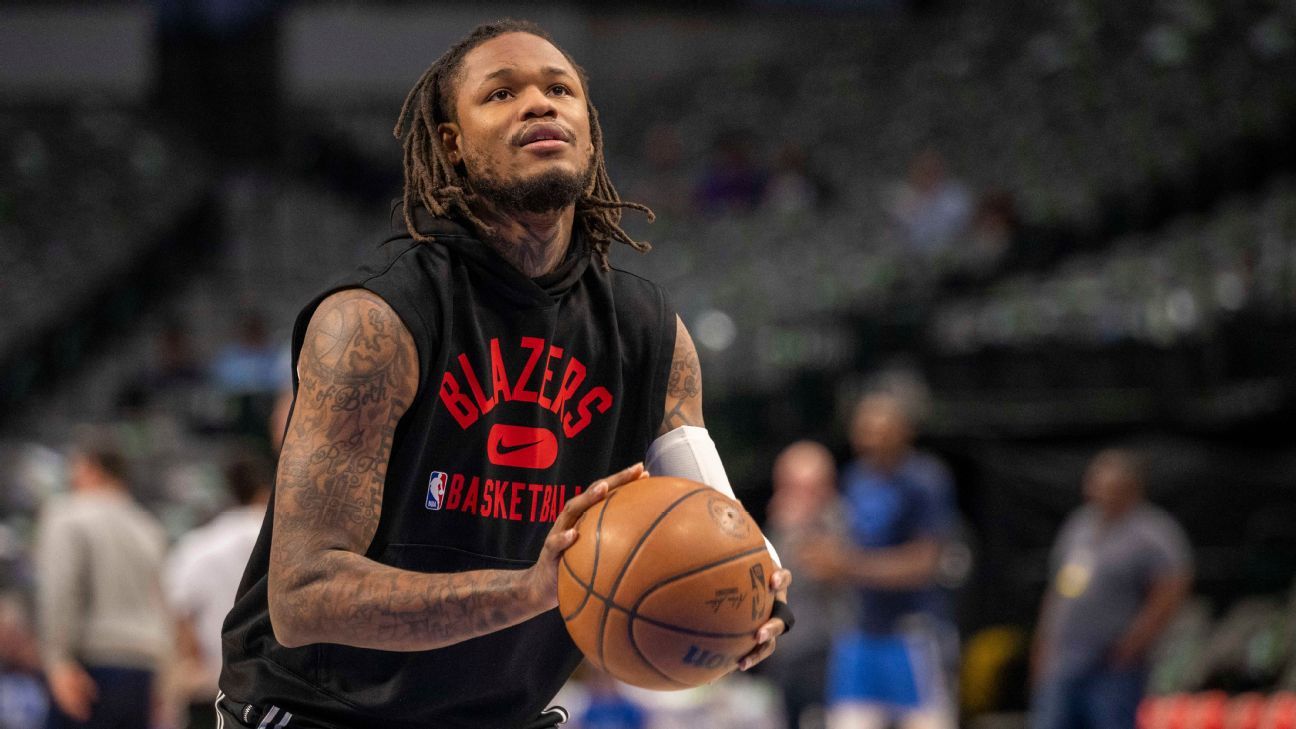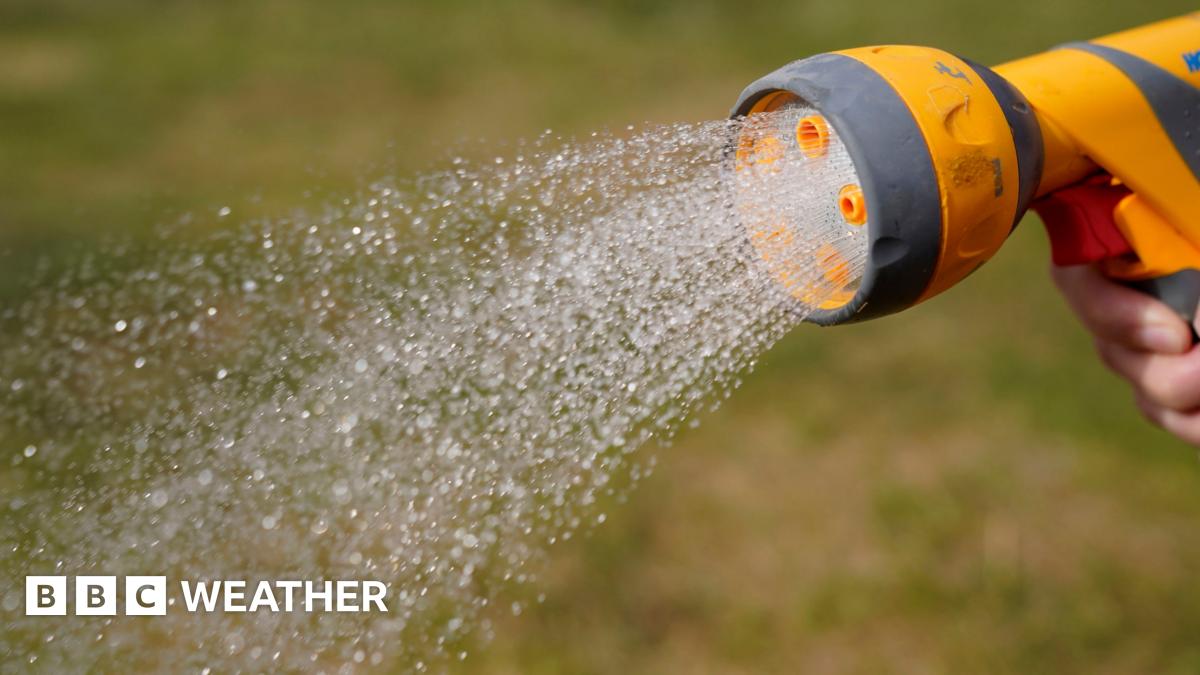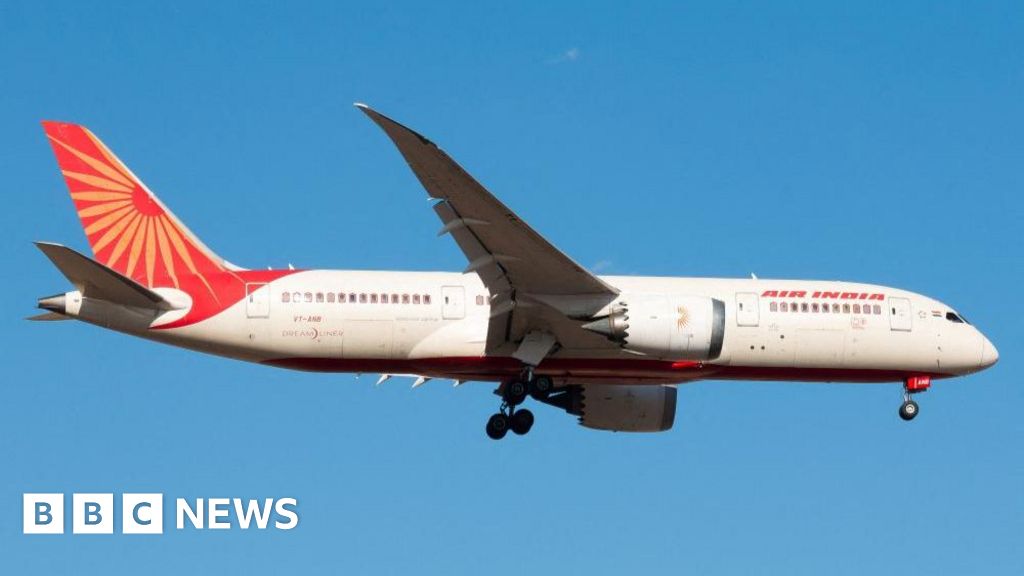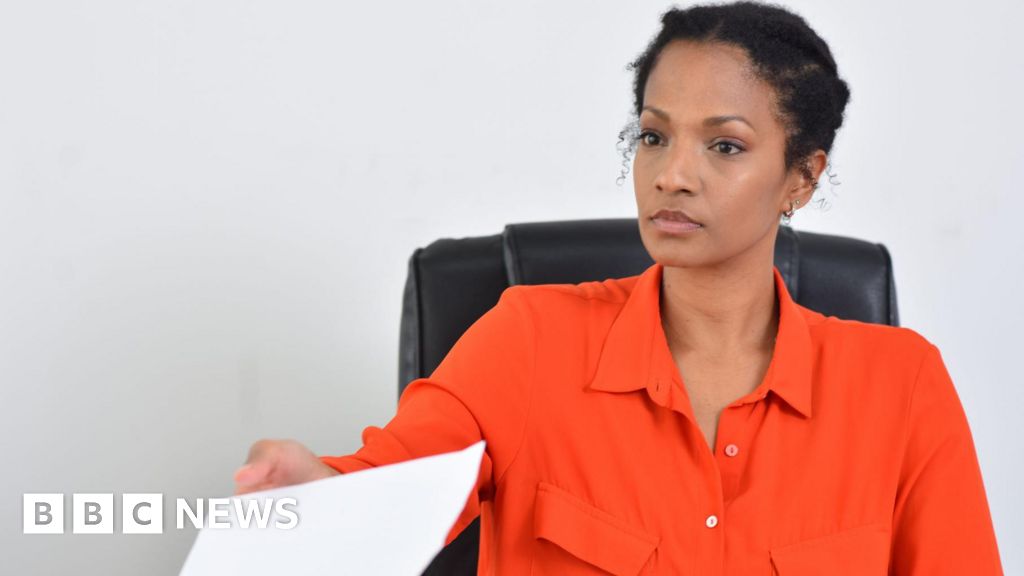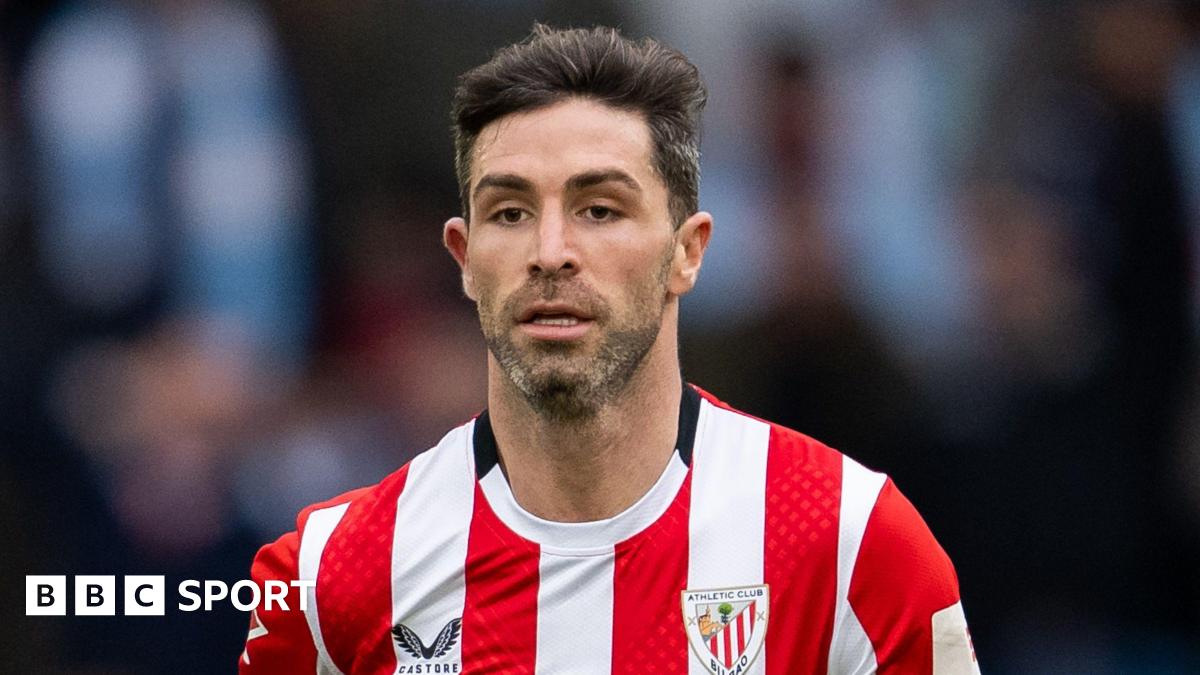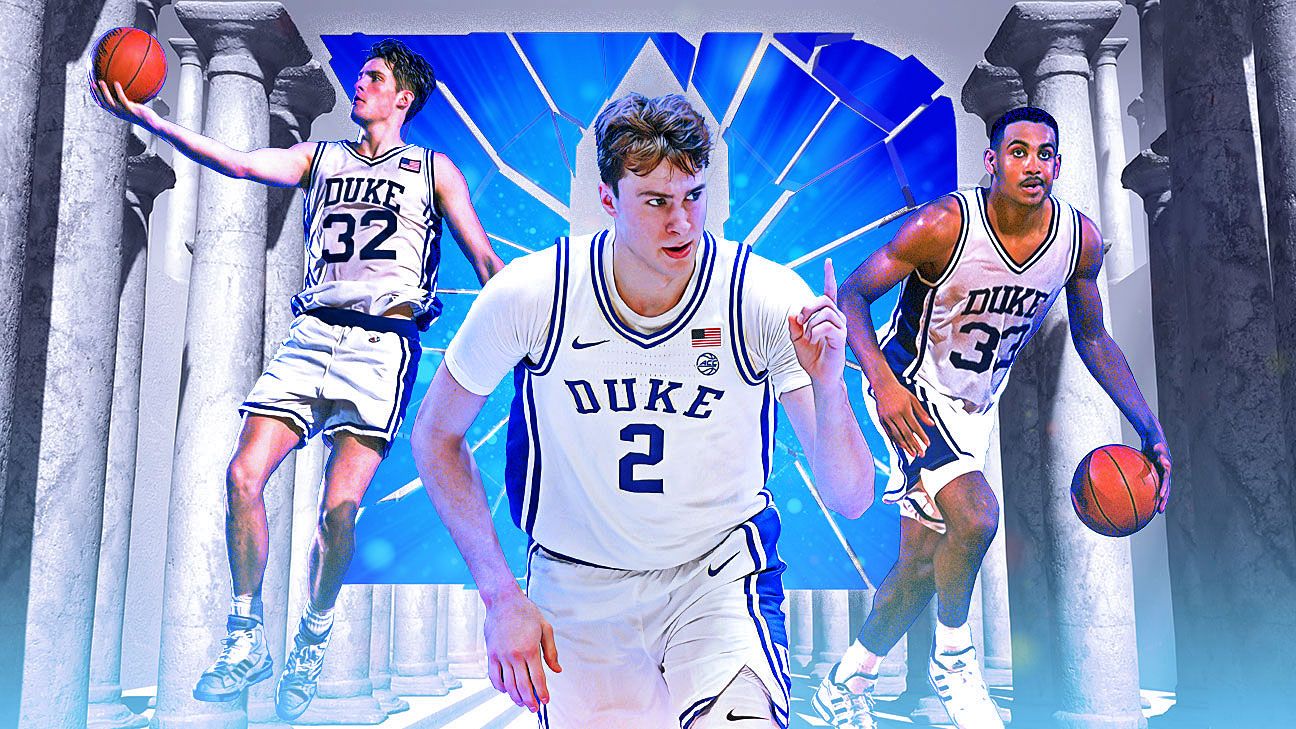Peter Hoskins
Business reporter, BBC News
US President Donald Trump says the US has agreed to a "massive" trade deal with Japan, one of the country's largest trading partners.
The plan would result in Japan investing $550bn (£407bn) into the US and paying a 15% reciprocal tariff, Trump said in a post on social media.
He added that Japan would open its economy to US goods, including cars, trucks, rice and certain agricultural products.
Japan's chief trade negotiator, Ryosei Akazawa, said in a Facebook post that he had visited the White House, with the hashtag "Mission accomplished". The BBC has contacted the Japanese embassy in Washington for details of the deal.
"I just signed the largest trade deal in history, I think maybe the largest deal in history with Japan," Trump touted at a White House event on Tuesday evening.
"They had their top people here, and we worked on it long and hard. And it's a great deal for everybody. I always say it has to be great for everybody. It's a great deal," he added.
Trump also said that a trade agreement with the European Union would be announced on Wednesday, with more deals due soon.
The BBC has reached out to the White House for details of the trade agreement.
Speaking to reporters on Wednesday, Japan's Prime Minister Shigeru Ishiba said: "As for what to make of the outcome of the negotiations, I am not able to discuss it until after we carefully examine the details of the negotiations and the agreement."
In a letter sent to Japan this month, Trump threatened a 25% tariff on the country's exports to the US if there wasn't a new trade deal struck before 1 August.
That was one percentage point higher from the 24% rate announced during his so-called Liberation Day on 2 April.
Japanese vehicle imports into the US, like many other countries, are already subject to a 25% tariff.
The April tariffs plan, which included duties on many US trading partners across the globe, were paused for 90 days following worldwide market turmoil. It allowed Tokyo's trade representatives time to negotiate with their counterparts in Washington.
Japan's benchmark share index, the Nikkei 225, was around 2% higher on Wednesday morning in Tokyo.
Shares in motor industry giants - including Toyota, Nissan and Honda - jumped after broadcaster NHK said existing tariffs on Japanese carmakers would be cut.
The apparent deal comes as Japan's Prime Minister Shigeru Ishiba is under pressure to step down after his Liberal Democratic Party (LDP) lost its majority in the country's upper house in elections over the weekend.
The LDP had already lost its majority in Japan's more powerful lower house last year.

 3 months ago
71
3 months ago
71
